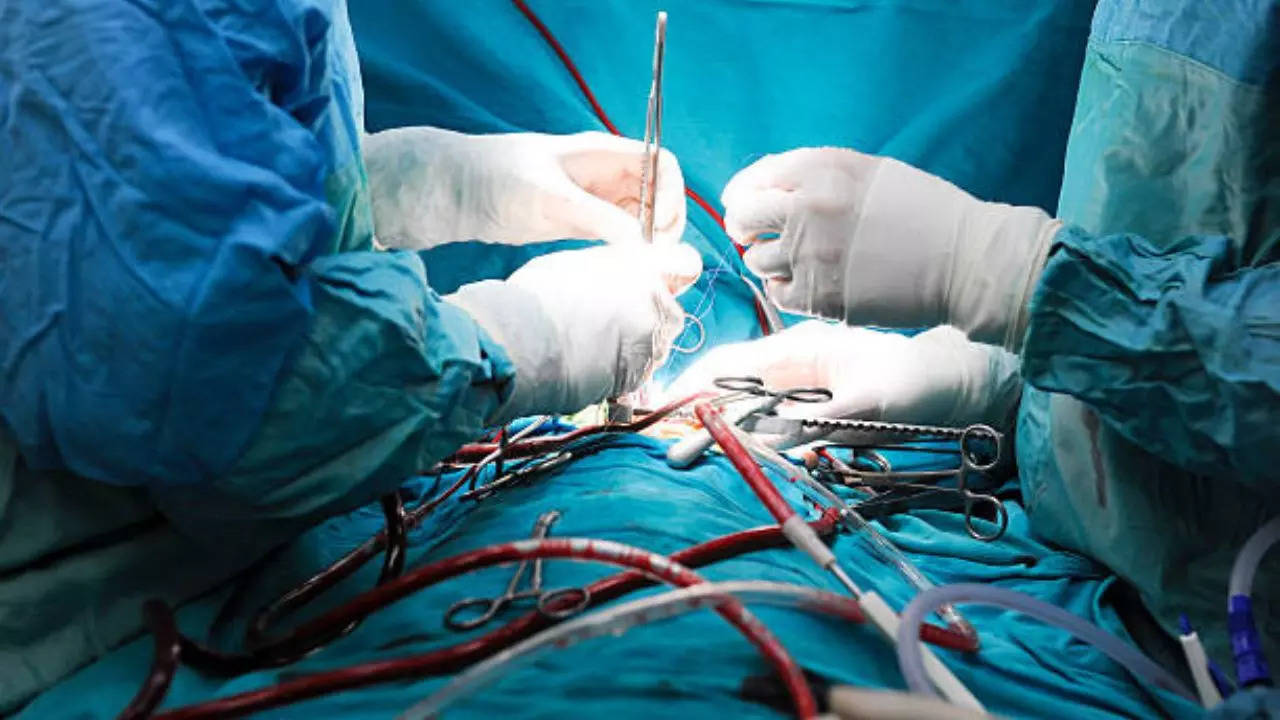Contents
Things you may not know about heart valve surgeryIt’s not always open-heart surgeryyou can listen to your heartValves can be from surprising sourcesYou may need blood thinnersSurgery doesn’t fix everything permanentlyRecovery can be surprisingly quickYou can live normally after surgeryNot all valve problems require surgeryValve problems often go undetected
-
news
-
Health
Things you may not know about heart valve surgery
Heart valve surgery is a procedure to treat heart valve disease, which occurs when at least one of the four heart valves is not working properly. However, many aspects of heart valve surgery may surprise a non-medical person. Read on to find out what they are.

It is commonly believed that heart valve surgery always requires cutting the chest and stopping the heart.
Heart valve surgery repairs or replaces one or more of your heart’s four valves. Your valves, located between the heart’s chambers, keep your blood flowing in the right direction. These act like doors that open and close with each heartbeat, allowing your blood to flow in and out of the chambers. When your valve works properly, your blood should flow in one direction out of your heart each time your heart beats.
The heart valves cannot repair themselves and the disease will get worse over time. As the disease gets worse, you will have more symptoms and your overall health will be affected. These changes often happen gradually, but they can also happen very quickly.
Depending on the type and extent of your valve disease, medication may help symptoms in the short term. Surgery is the only effective long-term solutionWhich your doctor will decide based on your condition. According to Dr. Ved Prakash, senior consultant and head of cardiothoracic and vascular surgery at Sarvodaya Hospital, here are some commonly known aspects of heart valve surgery that may surprise a non-medical person.
It’s not always open-heart surgery
It is commonly believed that heart valve surgery always requires cutting the chest and stopping the heart. However, modern technologies like Minimally invasive surgery or transcatheter Procedures such as TAVR for aortic valves allow repair or replacement without major incisions or even stopping the heart.
you can listen to your heart
If you have a mechanical valveYou may hear a slight “clicking” sound from it, especially in quiet environments. “This is normal and is just the opening and closing of the valve,” Dr. Prakash said.
Valves can be from surprising sources
Replacement valves can come from metal, which is mechanical, a graft, bioprosthetic, or even a human donor, known as an allograft. The choice depends on factors such as age, lifestyle and medical condition.
You may need blood thinners
If you have a mechanical valve, lifelong blood-thinning medication is usually necessary to prevent clots. However, bioprosthetic valves may not require long-term anticoagulation.
Surgery doesn’t fix everything permanently
Even though valve surgery improves quality of life – even replacement valves have a limited lifespan – bioprosthetic valves typically last 10–20 years. mechanical valve This lasts a lifetime but also comes with other management challenges.
Recovery can be surprisingly quick
Depending on the approach, patients often believe that recovery takes months. However, with minimally invasive techniquesSome patients return to normal activities within a few weeks.
You can live normally after surgery
Many people are afraid of limitations after valve surgery. In fact, most patients return to their normal activities, including sports and exercise, after a full recovery.
Not all valve problems require surgery
Multiple valve issues, such as mild stenosis or stenosisIt can be managed with medications and regular monitoring for years before surgery is necessary.
Valve problems often go undetected
People who have valve disease may have no symptoms for years, even when the problem is severe. Often, it is only during a routine checkup that the doctor discovers the murmur, which enables the diagnosis to be made.
Get the latest news live on Times Now with breaking news and top headlines from around the world.


